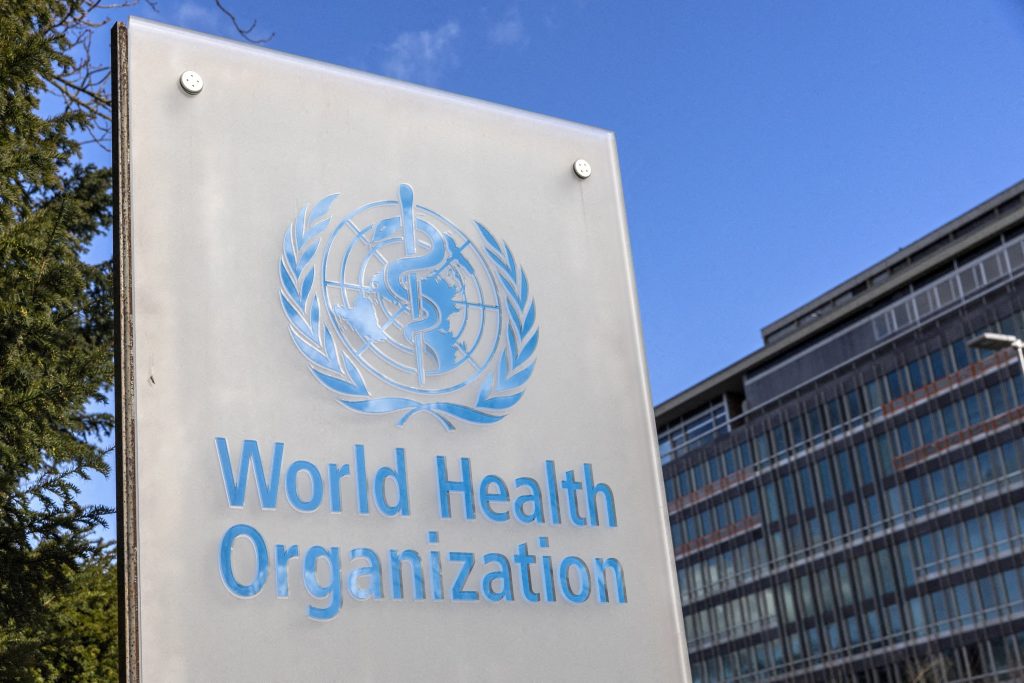The World Health Organisation (WHO) has issued an urgent plea for global action to tackle the escalating threat of antibiotic resistance, emphasising the critical need to address the improper disposal of antibiotic waste. The WHO highlighted that the mishandling of such waste is a key factor driving the rise of antimicrobial resistance (AMR), which poses a significant danger to global health.
In its latest report, the WHO pointed out that pharmaceutical factories, healthcare institutions, and agricultural practices are major sources of environmental contamination with antibiotic residues. These residues find their way into water systems, soil, and food chains, facilitating the spread of antibiotic-resistant bacteria. The organization warns that without a unified global effort to manage and reduce this waste, the world could face a health crisis where routine infections become untreatable.

During a press briefing, Dr Tedros Adhanom Ghebreyesus, the Director-General of the WHO, underscored the gravity of the situation.
The release of the WHO’s report comes amid a growing global rise in antibiotic resistance, with projections indicating that AMR could be responsible for 10 million deaths annually by 2050 if left unaddressed. The organization is calling for swift and coordinated international action to prevent this impending crisis and safeguard public health for future generations.
Governments, healthcare providers, and industry leaders are now facing increasing pressure to heed the WHO’s warning and implement measures to combat this urgent issue.


